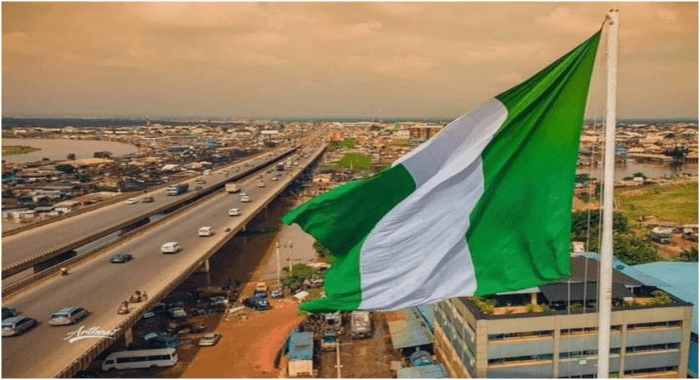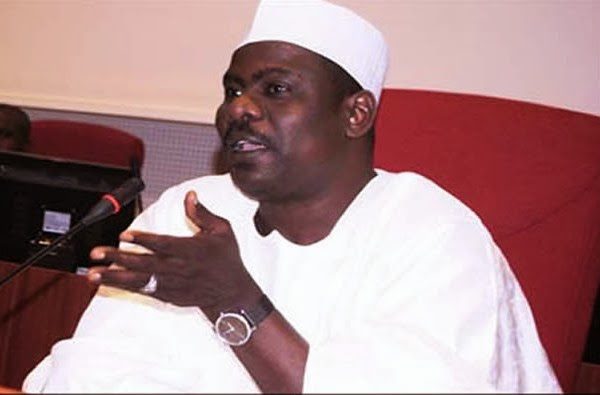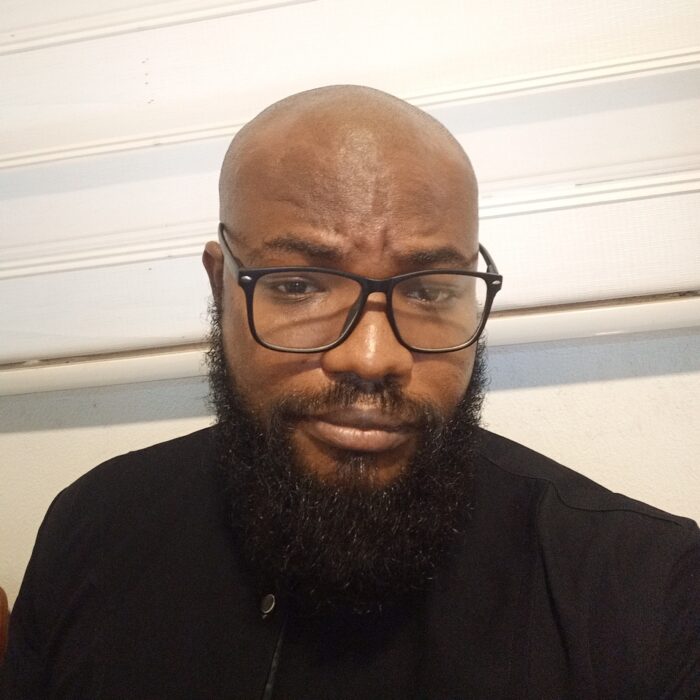National Issues
Nigeria: Restructure Or Reconfigure (6) -By Afe Babalola
The agitation for restructuring in Nigeria must be understood as a patriotic call for all and sundry to sit down and fashion out a cohesive legal, political and constitutional foundation that can preserve and restore confidence of all Nigerians in the Nigerian project.

The high prevalence and reoccurrence of episodes of religious, ethnic and communal conflicts, violence, brigandage, insecurity, kidnappings and brutal massacres across Nigeria are all significant symptoms of a failing nation. Furthermore, the rise in social dissonance by separatist groups, such as Indigenous People of Biafra, IPOB; Movement for the Actualisation of the Sovereign State of Biafra, MASSOB; as well as calls for Oduduwa Republic, Arewa Republic, Niger Delta Republic, including calls for a Sovereign National Conference by regional activists are all signs of general dissatisfaction with, and structural defects in, the current state of the Nigerian nation.
The separatist agitations took a new turn on June 6, 2017 when a group of Northern youths, under the aegis of Coalition of Arewa Youths, released a Kaduna Declaration, published by Sahara Reporters of June 06, 2017 which gave an ultimatum to Igbo youths to leave the 19 Northern states by October 1, 2017.
Similarly on June 25, 2019, miffed by the high level of insecurity in South-Western Nigeria and the prevailing rate of kidnap and death of several high ranking Yorubas by Fulani Herdsmen, the Yoruba group, Afenifere, issued an ultimatum published by Sahara Reporters to Fulani herdsmen to leave South-West region or face confrontation. These incidents expose the frailties and failings of the so-called Nigerian nation. The foundational basis and mutual desire by all the constituent groups and tribes in Nigeria to continue to live a common life is now generally near non-existent.
These hostilities and feeling of resentment, dissensions and skirmishes may escalate and explode to full scale proportions if something urgent is not done to address the concerns of the different tribes and groups. Ranging from calls for regional resource control and/or fiscal federalism, to calls for state police, free education, farm settlement among others, these are all warning signals on the need for a structural redefinition of the Nigerian project to better protect the interests and aspirations of the constituent elements that make up the country.
The proliferation of religion is another issue that significantly contributed to social dissonance and conflicts in Nigeria. Although section 10 of the 1999 Constitution recognises Nigeria as a country with no state religion, Nigeria has faced more religious violence than other countries, such as Saudi Arabia, Qatar, and Pakistan that have state religions. There is a high level of mistrust by Southern Nigeria of an attempt by elites of Northern Nigeria to turn Nigeria to an Islamic State.
This concern became full blown when Nigeria’s former military dictator, General Ibrahim Badamosi Babangida, in 1986, smuggled Nigeria to become a member of the Organisation of Islamic Cooperation, OIC. The OIC is an international organisation of Muslim-majority countries, headquartered in Saudi Arabia, that strives to “safeguard and protect the interests of the Muslim world in the spirit of promoting international peace and harmony”.
The OIC, according to its founding resolution, tries to ensure that “Muslim governments would consult with a view to promoting among themselves close cooperation and mutual assistance in the economic, scientific, cultural and spiritual fields, inspired by the immortal teachings of Islam.” The key question remains: is Nigeria a ‘Muslim government’? Why is Nigeria, a constitutional secular state that is made up of several religions, enrolled as a member of an international organisation for Muslim countries? For example, other secular and truly federal countries such as United States, Brazil, Mexico, Russia, Germany, Canada, Switzerland, Argentina and Australia, amongst others, in recognition of the diversity and religious affiliations of the constituent members have not joined the IOC.
Given the huge size, religious diversity and diverse needs of people in a federation, aligning the country to a particular religion through words or action is an invitation to anarchy. The perceived attempt by the Northern elites and leaders to Islamise Nigeria and subjugate other religions is a critical contributor to religious crises, mistrust and religious violence in Nigeria. At the slightest provocation, people of different faith and religion in Nigeria are ready to fight and maim to defend and protect the sanctity of their religion. For many years, Nigerian elections have had significant religious undertones of Christian versus Muslim, even in the selection of contestants and party flag bearers. Furthermore, many selfish politicians have deployed religious sentiments to ignite chaos and mayhem in the aftermath of elections.
These problems show a structural defect in the constitutional claims of Nigeria of being a multi-ethnic and multi-religious state. While Section 10 of the 1999 Constitution prohibits both states and the Federal Government from adopting any religion as state religion, the Constitution failed to clearly and outrightly proclaim Nigeria to be a secular state. Unlike many countries where secularity of the state is often codified in the constitution, the Nigerian Constitution does not expressly proclaim Nigeria as a secular and multi-religious state. The end result is the frequent debate and protests over the perceived over domination by one religion. For example, a serving Minister once described Nigeria as “one of the most Christian-populated Islamic nations in the world” which resulted in protests and uproar from the Christian Association of Nigeria that Nigeria should not be Islamised or described as Islamic nation.
Despite political claims often rehashed that Nigeria is a secular state, the reality is that the 1999 Constitution does not outrightly proclaim Nigeria to be a secular country. This constitutional gap, and the attendant religious crises and debates it has generated over years, reinforces the need for a clear and unequivocal resolution through a restructuring process that unequivocally clarifies the foundations of Nigeria as a secular, multi-ethnic and multi-religious state. Such a process should automatically result in Nigeria’s immediate withdrawal from the IOC and other intergovernmental religious bodies. Nigeria is not, has never been, and should never be categorised by words or action as a uni-religious state.
The agitation for restructuring in Nigeria must be understood as a patriotic call for all and sundry to sit down and fashion out a cohesive legal, political and constitutional foundation that can preserve and restore confidence of all Nigerians in the Nigerian project. Over the years, successive governments have responded to these agitations by establishing short term instruments and programmes that did not adequately address the structural and constitutional root causes of the concerns. Without urgent and comprehensive restructuring of Nigeria’s political and constitutional structure, peace, progress and unity may remain elusive.
To be concluded




















